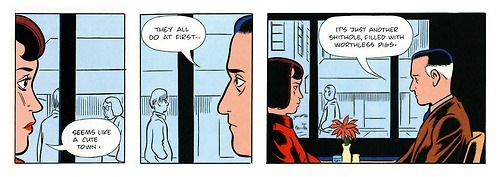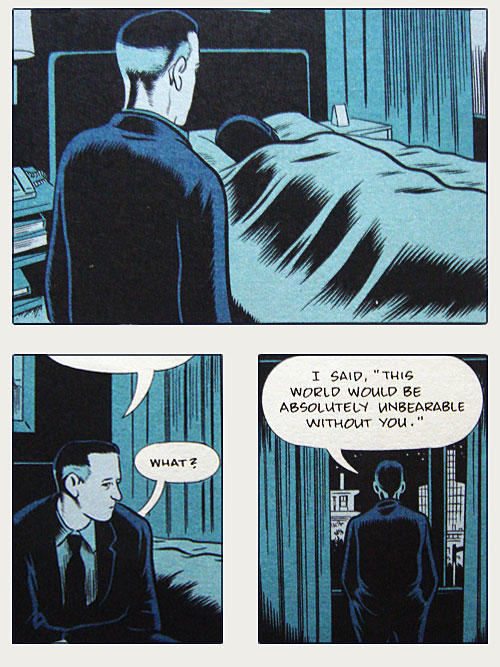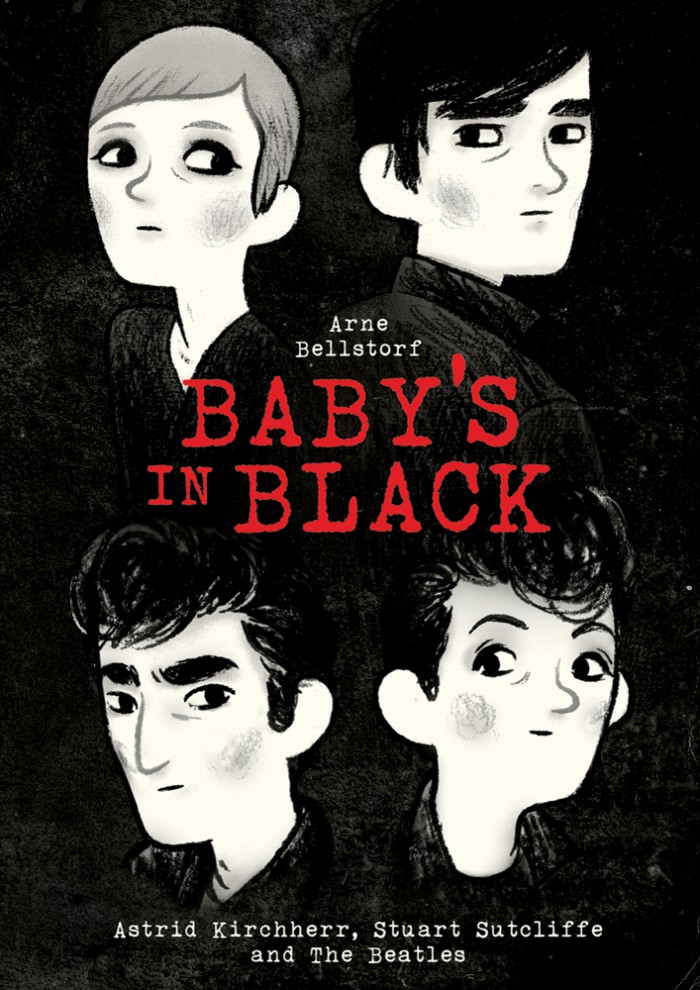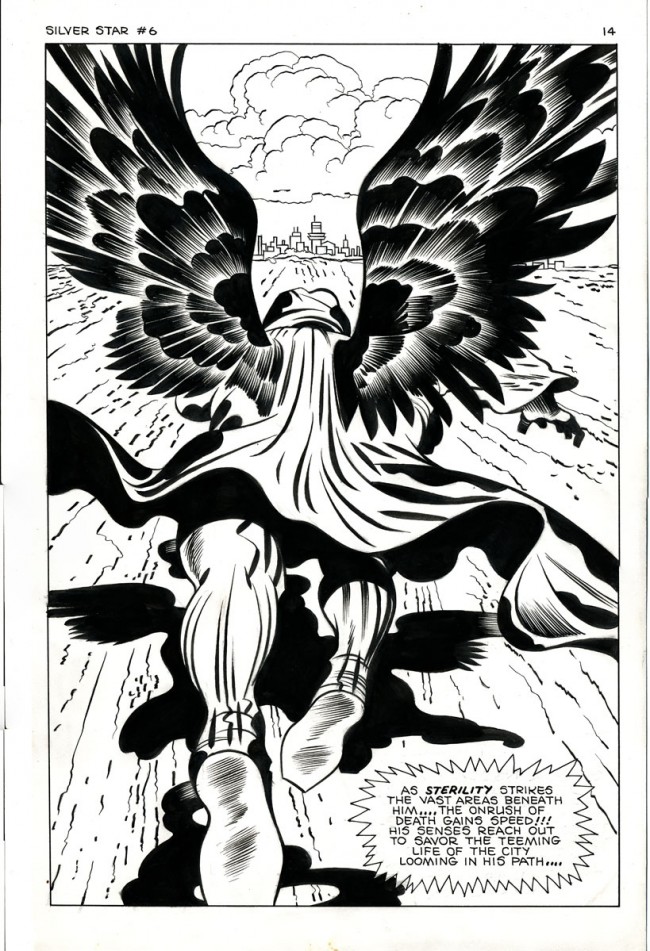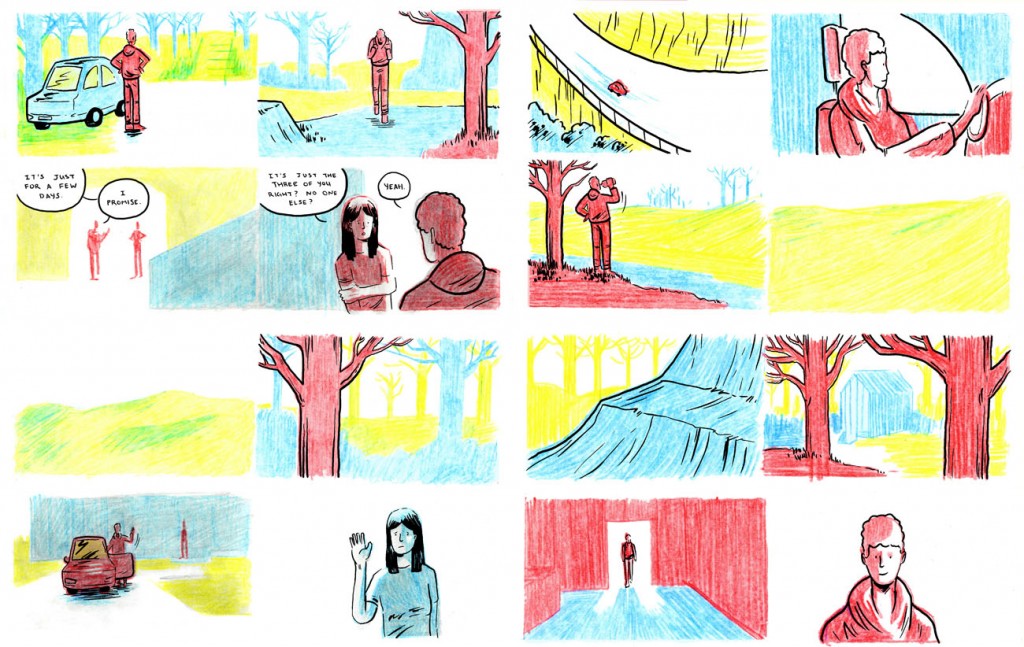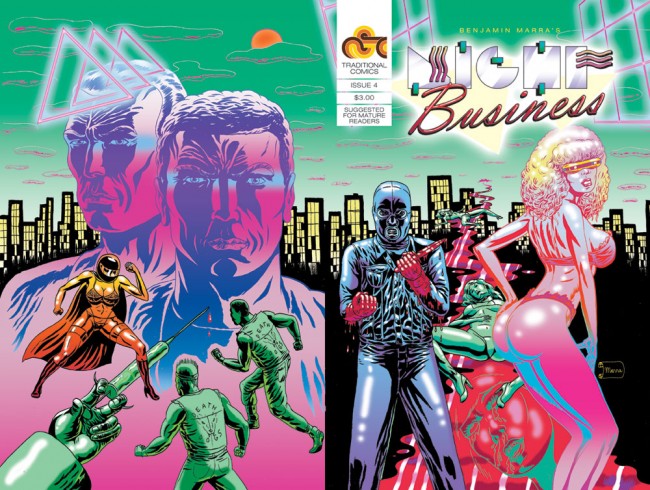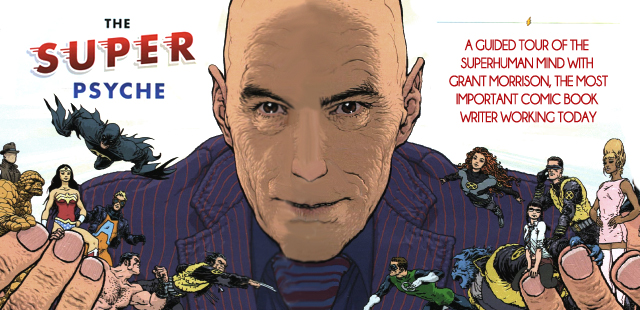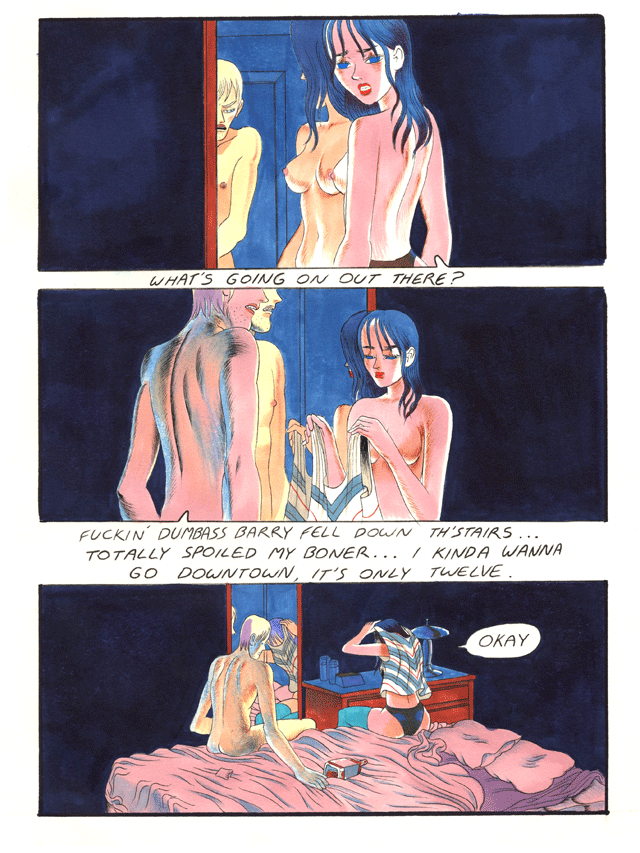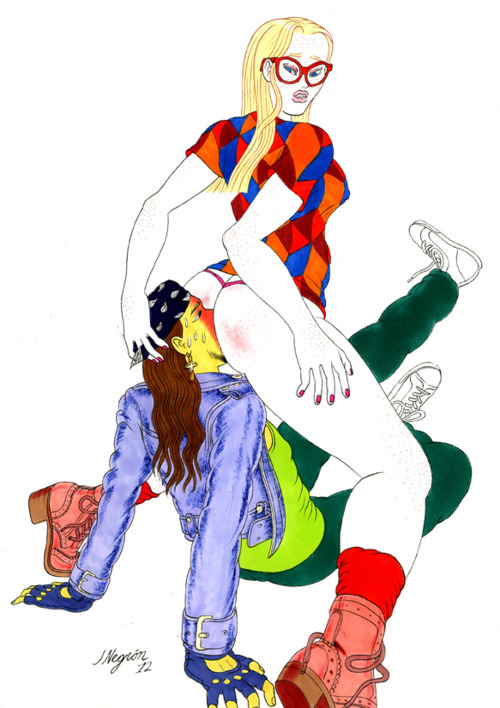Last week I saw The Avengers and its immediate Marvel-movie predecessors, Thor and Captain America: The First Avenger. (And just for reference: Iron Man, The Incredible Hulk, Iron Man 2.) Here’s the most important part of the following review of these three films: I gave three times as much to The Hero Initiative upon viewing them I did to Marvel and its business partners. Yes, this means that I gave Marvel and its business partners a non-zero amount of money to see these movies, more than they gave the family of Avengers/Iron Man/Hulk/Nick Fury/Captain America/Thor co-creator Jack Kirby (who despite what you may have heard did receive a brief on-screen credit, for what it’s worth) for making these movies possible. That’s deeply unfortunate and deplorable and wrong, and as both an occasional freelancer for the company and a fan of any number of its comics and creators, I encourage Marvel to change its tune on this matter, just as I encourage those of you who pay money to watch these movies to give an equal or greater amount to The Hero Initiative to help take care of creators who are in need because the companies they built never did so themselves. Indeed the bad taste in my mouth would have kept me from going to the movies to see Avengers at all but for the intervention of, literally, my three oldest friends, who were in town and wished to recreate our summer-blockbuster theater trips of old. When life gives you $4 concession-stand sodas, you make lemonade, I suppose.
First, I watched Thor. It was bad, pretty much. I mean, it had its moments, largely via the fantastic casting of its two leads, Chris Hemsworth and Tom Hiddleston as Thor and Loki. Think of what an unwatchable turd this would have been if those two had been less committed and gleeful about their ridiculous shouty roles! Space Éomer and Cosmic Wormtongue were a real coup, especially given how important Hiddleston’s Loki ended up being for The Avengers. A tip of the hat to Kat Dennings as well for her turn as the kind of sarcastic, kind of dopey friend/assistant. In a film as flatly functional as this one was, any part that that isn’t strictly required to advance the narrative should be celebrated, and Dennings made the most of it, especially when required to embody the female gaze while Thor walked around with his shirt off. For real, the presentation of male superheroes as eye candy for the female audience in both this and Captain America is a funny, smart, sexy, and welcome development — imagine if the comics had the stones to do something like that!
So yeah, that was good. So was the reasonable gravitas projected by Stellan Skarsgaard and Idris Elba in their supporting roles as a scientist and the most interesting Asgardian — y’know, they got the job done. And the big epic visuals were surprisingly effective as well. It wasn’t Kirby, of course, nothing but Kirby himself is, but I thought the golden architecture of Asgard was suitably grand and smartly designed; the Bifrost’s spherical teleportation mechanism was a memorable bit of business, for example. Meanwhile, the closest the film got to saying something really unexpected and smart was its frequent use of awe-inspiring rainbow-colored shots of the distant stars and galaxies, implying that the reality of our universe is at least as amazing and unknowable and impressive as anything a science-fantasy can conjure up.
The rest of it, of course, was the purest anonymous hackwork from Kenneth Branagh. I’m really hesitant to ever use the h-word simply because I’m not a mindreader and don’t presume to know whether an artist really was just banging something out for cash, but in Branagh’s case we have enough of a track record on other projects involving adaptation and interpretation to see how rote this Lord of the Rings knockoff really is. Dull would-be sweeping opening narration. Vast armies of undifferentiated CGI baddies. A band of warriors distinguished solely by their hair. Purple clichés like “You’ve come a long way to die, Asgardian” and “Allfather, we must speak with you urgently” dropping like bricks from the mouths of flimsy supporting actors, as if someone had taken the “give up the halfling, she-elf” line from the Jackson/Walsh/Boyens Fellowship of the Ring adaptation and made an entire screenplay out of it…gah, what a tedious and derivative mess.
Just as disappointingly, Branagh displays no proficiency whatsoever for directing action, and that really could not be more crucial to making a good superhero movie. The frost-giant fights were murky and lazy, just a bunch of people swinging things around and knocking things over. Worse still was Thor’s break-in to the SHIELD compound, in which what could have been a Bourne-style tour de force of ruthlessly efficient takedowns became a supporting-card match-up between pro-wrestling jobbers who don’t know how to sell. You got that one big wish-fulfillment moment when Thor got his powers back and took the fight to the Destroyer, where you’re like “Yesss, that’s what it’d be like to wield the hammer of the gods, Robert Plant was totally right,” but that was about it. No, wait, there was the scene where he beat up a hospital room full of doctors and nurses, but the success of that sequence had more to do with how odd it was to see something like that in a hero’s-journey-by-the-numbers flick like this than for particularly memorable ways in which to coldcock phlebotomists.
The key non-Hemsworth/Hiddleston performances were pretty brutal to watch, too. Anthony Hopkins eats so much scenery that I suspect the Odinsleep is actually a diabetic coma. Natalie Portman as the love interest is just horrible, like her insufferable Garden State character got an astrophysics doctorate. She’s one of the most beautiful human beings on God’s gray earth, yes, but has she ever been good in anything not Closer or the SNL thing where she cursed a lot?And that’s when you start paying attention to the plot and realizing how flimsy that is, too, even beneath the actual good performances. For example, both Portman’s Jane Foster and Hiddleston’s Loki undergo 180-degree reversals of their entire lives up inside, what, 48 hours? The brilliant astrophysicist takes the word of a person she has no reason to believe isn’t mentally ill, because he’s hot and SHIELD is mean? Everything here happens because it must, because that’s the kind of movie this is. Take away Hemsworth and Hiddleston’s joie de vivre and you’ve got Marvel’s 2nd-quarter financial report, not a movie.
(I will say this for it, though: Making Thor’s opposition to genocide the hinge on which the climax swings is a very interesting, and frankly wonderful, idea. Given that writer Geoff Johns just used the commission of genocide as a way to get his new, younger, tougher version of Aquaman over with the audience of his comic, apparently successfully, you can see that this could very easily have gone the other way. More easily than the way it went, in fact.)
Captain America: The First Avenger, though? This thing was pretty good. It had heart, and it had wit, and it had smarts. First, the heart: a warm, slightly sad performance from Chris Evans (!!!) as Steve Rogers, one that made him feel as much like a man out of time during World War II as he would later in the present day. I understand that the line in which Steve presents his zeal to enter the Army and fight the war not as a hankering to kill Nazis but as a deep-seated dislike bullies of all shapes and sizes, given that he’d been victimized by them his entire life, was a Joss Whedon contribution, so good on Whedon; that cracked open that character and showed me what’s inside in a way that no other interpretation of him, not even Ed Brubaker’s fine ongoing multi-series megastory of the past half-decade or so, has done. (As an aside: Jeez, does this version of Cap reveal Mark Millar’s line from Ultimates, “You think this A on my head stands for FRANCE???”, as the single worst comics line of the decade or what? Shame, shame, shame on me for not seeing it at the time. And for many other things besides, but mostly that, for our present purposes.)
Then the wit. Unlike Thor‘s random, listless swinging of arms and knocking-about of bodies (seriously those fight scenes played like my baby daughter tearing into block towers), Captain America‘s director Joe Johnston made his fight scenes memorable by dint of effort and attention to detail. He figured out like maybe no one ever has before how to make Cap’s nebulous “peak human ability” not-quite-a-power-set work in the context of action: Imagine the coolest, most amazing possible move a person could make, if they were both as skilled and as lucky as they could possibly be, then imagine a guy who can make move after move like that, without fail. If he leaps, he’s going to make it. If he dodges, they’re going to miss. If he shoots or throws or punches or kicks, he’s going to hit the target.
Johnston peppers the action sequences with little flourishes of visual imagination and humor, too: using multiiple countdown clocsk for the destruction of the Hydra lab instead of just one; the Red Skull firing off a dud round with his magic laser, then trying again, then nodding with self-approval when it works this time, like “Ah, there we go”; ending a “he’s got a gun on the kid!” hostage situation by having the bad guy toss the kid into the water, only to discover him treading happily, telling Cap, “Go get him! I can swim!” Even the gunfire, of which there was a surprising amount for a superhero movie, felt concrete and dangerous without being grotesque, in that bloody/not-bloody Indiana Jones way.
Indy, of course, is the film’s lodestone, from the Nazi-relic-hunter maguffin on down. The trick–and this is where the smarts come in–is in flipping the Indiana Jones conventions around in novel and entertaining ways. The film begins with the Nazis successfully acquiring and using the magical artifact rather than being a race to stop this from happening. The places-on-a-map travel montage doesn’t depict Cap’s quest across the globe, but his USO tour. Cap is the good-hearted mensch who recruits affable rogues to help him, not the other way around. And Cap actually gives himself over to the ameliorative, sacrificial oblivion that Indy always seemed required to surrender to, only to save his own bacon at the last moment.
Moreover, a few of Captain America‘s shrewdest moves have multiple purposes. Chris Evans joins Chris Hemsworth on the list of Marvel men whose bodies are presented unambiguously as sex objects, somehow threading the needle between appealing to women without turning off men — four-quadrant success, here we come — but also selling a historically undersold dimension of superhero physicality. (No sculpted-muscle rubber bodysuits required here!) Making Hydra a cult of personality in service of the Red Skull both obviates the need to keep the icky Nazis a key part of this international-audience family blockbuster, but it also provides an explanation as to how its marvelous, anachronistic weaponry never spread outside the narrow conflict between Hydra and Cap’s crew, altering both the war and the course of human history.
Cap also boasts the liveliest supporting cast of the bunch. Like Thor, it could probably have gotten away with its core protagonist-antagonist pairing, the strong performance from Evans and the delightfully cartoonish villainy of Hugo Weaving, who knows from cartoonish villainy. (And dig the voice: Hugo Weaving presents Werner Herzog as the Red Skull! He joins Daniel Day-Lewis as John Huston as Daniel Plainview and Heath Ledger as David Lynch as the Joker in the pantheon of Great Movie Villains Who Sound Like Great Movie Directors.) instead it gave us Tommy Lee Jones’s most effective turn as himself this side of The Fugitive and No Country for Old Men, Hayley Atwell as a believably steely and caring Allied intelligence operative, and lookalikes Sebastian Stan and Dominic Cooper as tough-guy Bucky and swaggering scientist Howard Stark, a pair of alpha males working different angles on that role and quietly setting an example for Steve as to how he does and doesn’t want to behave himself.
I don’t mean to oversell Captain America, mind you. It could just be my decade in the sausage factory souring me on its prospects for capturing the imagination of a generation the way Indiana Jones did for me, but I can’t help but feel it’s not going to be returned to in quite the same way. It almost certainly won’t by me. But it feels like a film, a work of art/entertainment with a unique personality and point of view which one could locate in its director’s overall oeuvre, in a way that Thor simply didn’t. It does more than what is strictly necessary and sufficient, and that can be a lot.
Which brings us to the crown jewel in the Marvel Studios “cinematic universe,” Joss Whedon’s Marvel’s The Avengers. Two of my favorite elements of this film never even appeared on screen. Rather, they were in my head, as I pictured rooms full of multi-millionaires putting their heads together about the Hulk and concluding “Nope, we can’t make this guy work for movie audiences, let’s kick it to Jeph Loeb for a TV show,” and another room full of multi-milloinaires putting their heads together about Joss Whedon and concluding “Nope, we can’t make this guy work for movie audiences, let’s scrap his Wonder Woman movie and concentrate on Green Lantern.” I’m a big believer in the Hulk and completely agnostic about Whedon (this screening popped my Joss Whedon live-action cherry, as a matter of fact), but I’m bullish to the fucking extreme on Big Two corporate execs eating crow, so way to go, Avengers!
Beyond that? Every lead actor not a SHIELD agent was just terrific, all the action and fight sequences were wonderful, and everything else was boring. Was it just me or was the film one-third uninteresting espionage, one-third flabbily written “we’re not so different, you and I” attempts at revealing character through various antagonistic dialogue pairings, and one-third wish-fulfillment/celebration of competence and cooperation/checking off items from the fanboy wishlist one by one? Could we not have expanded that last third to encompass the entire film?
To expand a bit, I realize Whedon deserves basically no credit for the cast—aside from the wonderful Mark Ruffalo, his primary contribution was Cobie Smulders; everyone else was imported from the other Marvel movies. And I realize that when they weren’t running around punching things, Whedon’s screenplay was an enervating, unfunny mess. I laughed a grand total of three times: “Legolas”; the thing where the Hulk just slams the shit out of Loki–that one brought down the house; and the shawarma stinger, which nevertheless made me feel like I did the first time I sat and watched all the way through the closing credits of Monty Python and the Holy Grail because my best friend, who accompanied me to Avengers by the way, told me something awesome happened at the end. The non-fight stuff was tepid enough to get me thinking about plot holes, even. Quick: What’s German for “Sorry, sir, but I don’t speak a word of English?” If the Hulk is always angry and thus always in control of his transformations, then shouldn’t he go to jail for hulking out and attempting to hunt down the Black Widow and beat her to death? Why are we and the characters supposed to care so passionately about Agent Coulson, a guy whose job is to lie about things and bigfoot everyone in the name of almighty Security? Why does the allusion to the Holocaust in the Germany sequence feel so much more tasteless than the use of actual Nazis as antagonists in Captain America?
And yet! Somehow Whedon and his spotty script never got in the way of what made each of the leads compelling and entertaining to watch. Even aside from obvious highlights like the Downey Jr./Ruffalo buddy comedy, or the relationship between Scarlett Johansson’s Black Widow and the always excellent Jeremy Renner’s Hawkeye (you see their scene together and picture an alternate universe in which they’d co-starred in an autumn indie drama of mild renown), or the Hemsworth/Hiddleston reunion, I was just happy to watch all the superheroes walking around and talking even when I was completely bored by what they were saying and doing. I’m not sure I can think of another film like that (not that I’d necessarily want to).
It’s really the fights that made it happen. Like Johnston and Jon Favreau before him, but now multiplied out to half a dozen characters, Whedon understood each character’s unique power or skill set, what makes them exciting, and how best to showcase them in a fight. Thor’s hammer-and-lightning was a pleasure every time, not just in one big moment of glory. The Hulk was alternately terrifying and utterly joyful, as the Hulk ought to be. Cap once again rolled a 20 with every saving throw, and added to that repertoire a ground-level mastery of tactics that served the dual purpose of explaining to the audience why he was in charge rather than Iron Man and giving each character’s personal action arc a sense of location and purpose. Black Widow and Hawkeye didn’t seem ludicrously out of their weight class when fighting alien robot monster things as they ought to have by rights — their “power” is just “being really good at killing things,” which is kind of a subversive thing to use as a way for people to earn their way into Captain America’s superhero team. And Whedon cracked open Iron Man’s modus operandi nearly as well as he did Cap’s in the previous film: Iron Man can almost always find a solution rather than a sacrifice, and that’s the defining characteristic of how he fights as well as how he lives.
Best of all, particularly in that magnificent CGI-aided long shot in the final battle, the fight is choreographed to depend on teamwork, with each character using the others’ unique abilities to enhance their own. Contrast it with the lame group battles involving Thor, Sif, Loki, and the Warriors Three in Thor — no comparison, is there? Visually as well as emotionally, you’ve been given a reason to value these characters as they fight the computer-generated hordes, and a reason to be impressed by their successes in doing so.
It’s also kind of a sexy movie, you know? Sexy in that stealthy, PG-13 family blockbuster kinda way, a way that reminded me of Laura Dern’s hinder in Jurassic Park kinda way. Gwyneth Paltrow’s jean shorts and bare feet, Jeremy Renner’s eminently fondleable biceps, Chris Evans’s clenching asscheeks and inverted-triangle torso as he pounds a punching bag into oblivion, Scarlett Johansson’s lovingly lingered-upon kiester, even the less physical sex appeal of RDJ and Ruffalo and Smulders…equal-opportunity hubba-hubba stuff that made the film feel alive and cut against the numbing effect of the violence. Was the fact that much of that violence, heroic and thrilling and inspiring though it may have been, was the result of an ethically dubious bureaucrat tricking its authors into perpetrating it a commentary of some sort? Sit in silence, chew on your shawarma, and decide for yourself.

